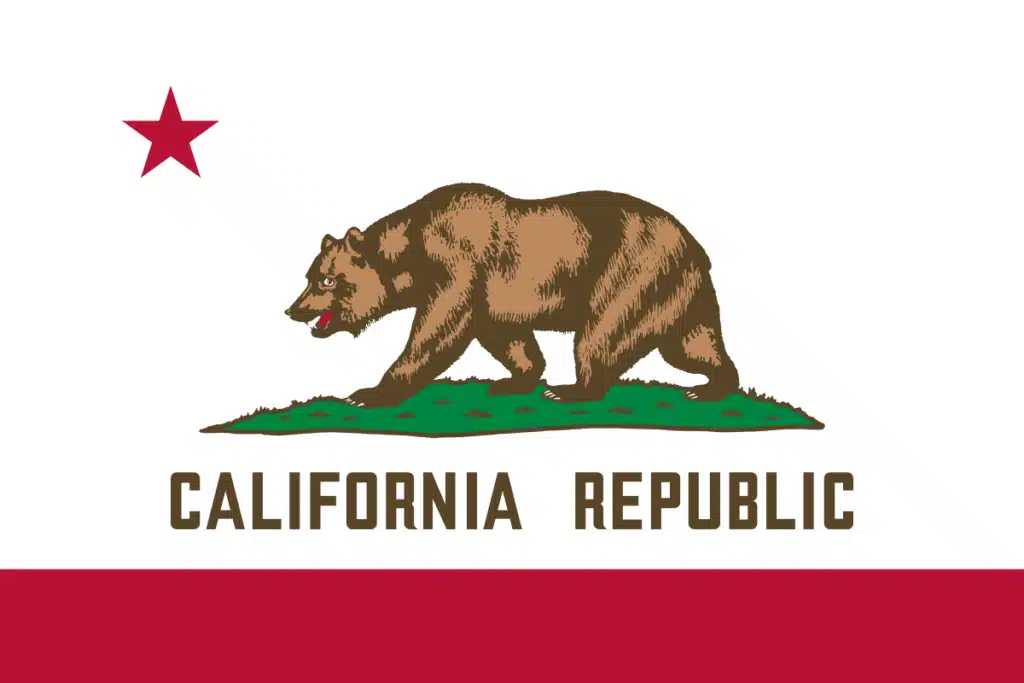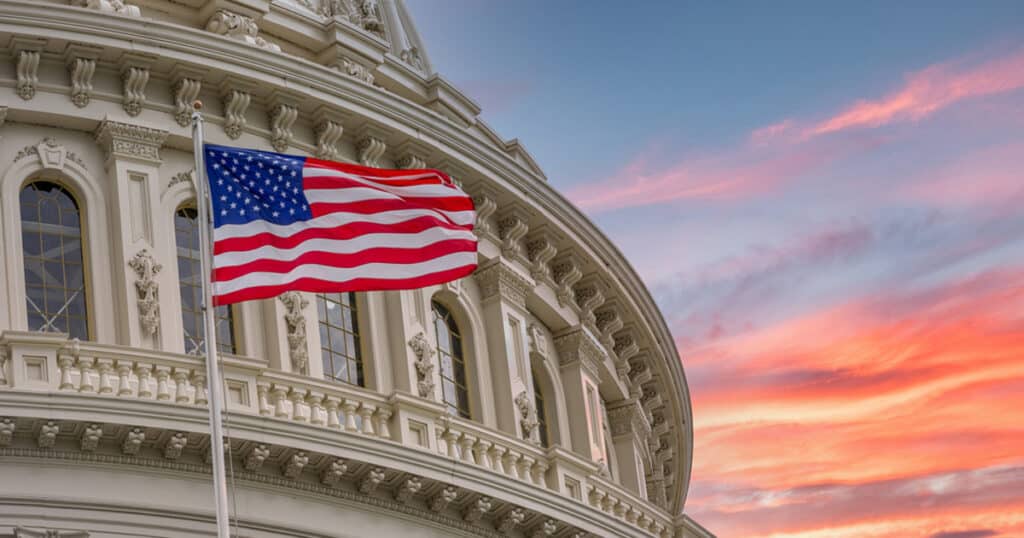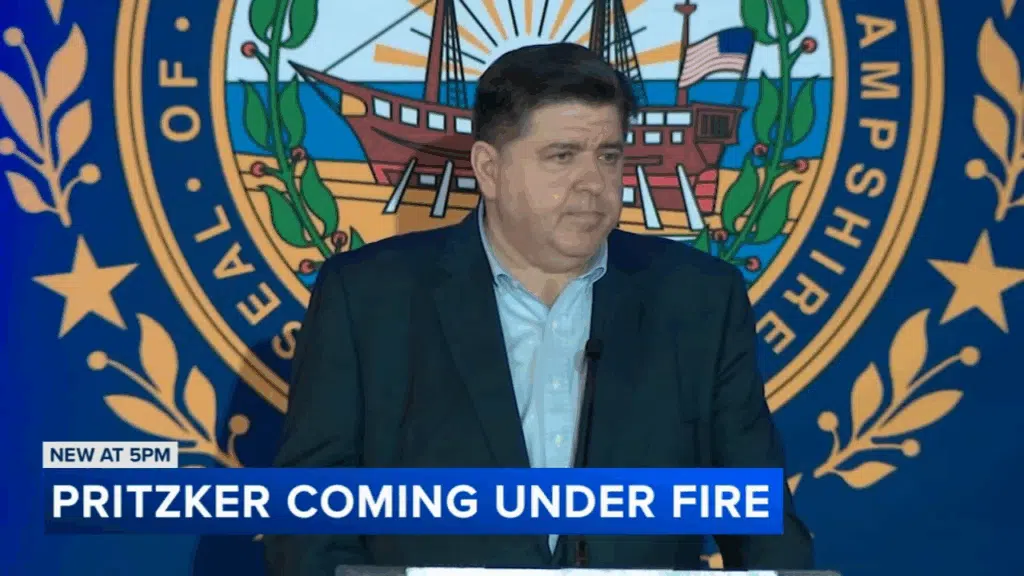
New California Law Would Prohibit Tobacco Sales to Those Born After 2007 While CDC Study Suggests Most Americans Support Such Bans
Just as an ongoing stream of automotive consumers from California may cross state lines to buy new gas-powered vehicles after 2035, when the state’s ban on sales of internal combustion rides goes into effect, so might a stream of young consumers exit the state to buy smokes, if lawmakers support a new bill to ban all tobacco sales to those born after 2007.
Assembly Bill 935, authored by Democrat state Assemblyman Damon Connolly, would impose a phased tobacco ban by prohibiting retailers from selling tobacco products to any person born on or after January 1, 2007. That means while tobacco sales would continue to be legal for anyone born before the cutoff date, the 21-years-old age restriction would eventually be replaced by the proposed law, which would progressively eliminate sales. For instance, in 2029, only those 22 and older would be able to purchase tobacco, in 2040, only those 33 years and older would be allowed to buy, and so on. The legislation would provide penalties for violations, including escalating civil fines and the suspension or revocation of licenses to sell tobacco products.
Connolly said he wrote the bill in an effort to improve public health, now and into the future. Connolly has noted his bill is similar to laws passed in New Zealand, which set a tobacco ban for all born in 2009 and after, and Norway, which has a proposed ban for anyone born after 2000.
“Preventing the next generation of Californians from becoming addicted to smoking should be a priority for anyone who cares about the public health of our state and the well-being of our children…AB 935 is a measured solution to address the widespread issue of youth tobacco addiction,” Connolly said in a report posted by the California Globe. “To be clear, this bill will not affect anyone who is currently of legal age and able to purchase tobacco products and will not punish individuals for simply using or possessing these items. By slowly phasing out the use of these harmful products, we can ensure that the next generation children in California do not get addicted to smoking.”
No other lawmakers have yet taken stands opposing the bill, buy Joshua Habursky, deputy executive director of the Premium Cigar Association, issued a statement questioning the rationale for the bill.
“These proposals are not based on scientific evidence, but rather on a political agenda that seeks to demonize adult cigar smokers and restrict their freedom to enjoy a legal product. Clearly it is no longer a hidden agenda of the anti-tobacco groups to support full prohibition.” He added that such bans are ineffective and only serve to kill small businesses and restrict consumer choice.
“AB 935 is careful to only ban the sales and not usage,” explained Richard Groome, a tobacco use researcher also quoted for the Globe story. “Even if this is passed, and it’s a long-shot, it will be very hard to control. People can still buy out of state, so it might gain this mystique, plus older people can still buy. It might become way more niche as a result, but it also won’t fully go away. Just the easiest option to buy would.”
Groome explained for Connolly’s bill to pass, it will need to overcome the fact that smoking in California has been declining rapidly since the 1980s and from 1988 to 2017, smoking among adults fell by 57 percent. Only about 8.8 percent of Californian adults still smoke, and that number is expected to further decline in coming years.
“It’s hard to gauge the total popularity of the bill right now, but with well over two million smokers still in California, those for tobacco won’t be going down without a fight,” Groome added.
And yet, a majority of adults in the United States support policies that prohibit the sale of menthol cigarettes and all tobacco products according to a recent study by the federal Centers for Disease Control and Prevention.
Published earlier this week in the peer-reviewed electronic journal Preventing Chronic Disease, the CDC survey found support for commercial tobacco retail policies among 6,455 U.S. adults. Approximately 57 percent of adults supported a policy prohibiting the sale of all tobacco products and about 62 percent supported a policy prohibiting the sale of menthol cigarettes.
“A majority of adults supported tobacco retail policies aimed at preventing initiation, promoting quitting, and reducing tobacco-related disparities,” the study said. “These findings can help inform federal, state, and local efforts to prohibit the sale of tobacco products, including menthol cigarettes.”
Policy support varied by demographic groups and current tobacco product use, according to the study.
Researchers from the CDC discovered widespread support for a policy to prohibit menthol cigarette sales across all demographic groups. Support for bans on tobacco sales was only lower among current tobacco product users, according to the study.
“Our findings are generally consistent with previous research showing support for menthol cigarette sales prohibitions, including among population groups historically targeted by unjust marketing practices and with a high prevalence of menthol cigarette use (eg, non-Hispanic Black adults),” the study reads.
The survey was conducted in 2021 before the Food and Drug Administration proposed a ban on menthol cigarettes and flavored cigars in 2022. In its announcement on the proposed ban, the FDA said rules prohibiting tobacco products would prevent youth “from becoming the next generation of smokers” and significantly reduce tobacco-related health disparities.



